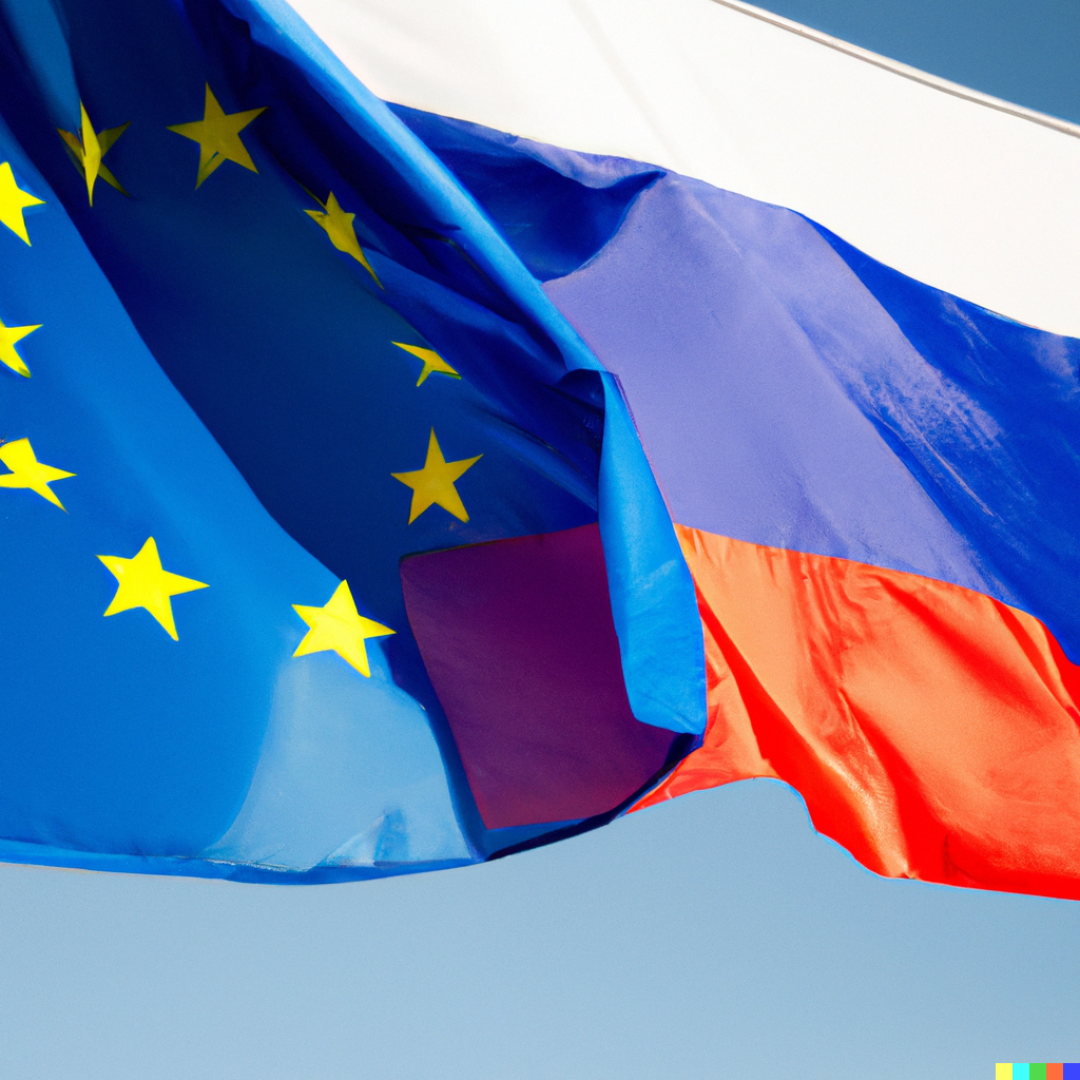
Russia Eyes Partnership with EU, US to Settle Armenian-Azerbaijani Conflict

In an interview with RBC published on October 9, Russian Deputy Foreign Minister Mikhail Galuzin stated that Russia, the EU, and the United States can work together to normalize relations between Armenia and Azerbaijan.
"Such an opportunity will present itself if the EU and the US will not intercept our developments and pass them off as their own but will fit their actions into those modalities of the Armenian-Azerbaijani settlement, which have already been worked out between the parties with the mediation of Russia. This is the angle from which we approach contacts with the European Union and the United States on this issue," the deputy head of the Russian Foreign Ministry emphasized.
According to him, the European Union is not so much concerned about the settlement as about forcing Russia out of the region. "And in this, I see part of the all-Western course to achieve the unattainable - what they are trying to call the international isolation of Russia. This is one manifestation of that course. Russia has been making efforts for many, many years to resolve this long-standing conflict. In the fall of 2020, we were the key mediators in the development of trilateral agreements. All the tracks that were outlined in these agreements were taken up by the European Union and the United States. But as if Russia had nothing to do with them. Then came the discussions on the so-called Brussels platform, where the Armenian leadership radically changed its position and recognized Karabakh as part of Azerbaijan without remembering the rights and security of the Karabakh Armenians. And the European Union, instead of helping the settlement and not using our achievements in its own opportunistic interests, accuses Russia of all mortal sins in the context of the events of September 19," Galuzin added.
"Moscow is considering the possibility of holding talks between the Foreign Ministers of Russia, Armenia, and Azerbaijan on October 12 in Bishkek," the deputy minister said. The meeting may take place on the margins of the upcoming CIS summit. "The dialog of Russia, Azerbaijan, and Armenia on the whole complex of issues on the settlement of the Armenian-Azerbaijani conflict has never been interrupted. We hope that such contacts will be continued. We are considering the possibility of holding such discussions at the level of foreign ministers on October 12 this year in Bishkek on the margins of the CIS summit. The Azerbaijani side has already given its consent in principle. And we expect that the Armenian side will also approach this issue responsibly and agree to participate in such talks," the high-ranking diplomat noted.
Moreover, he said that the mission of the Russian peacekeeping contingent in Nagorno-Karabakh remains more than in demand. "Russian peacekeepers played a huge role in reaching a ceasefire on September 20 and providing assistance to the residents of Karabakh at the stage before their mass withdrawal from the region," the official added. "Our military escorted the evacuation convoys, ensuring order and security. Unfortunately, six of our servicemen died in the performance of their duty," the senior diplomat recalled.
According to the deputy minister, the role of the peacekeepers will remain in demand and will also be necessary in the future. "First of all, there is a question of making those residents of Karabakh who stayed there feel at ease. It cannot be ruled out that some of those who left Karabakh today will, at some point, decide to return. And the presence of peacekeepers will be an additional factor of calmness for these people. So, I would not say that the activity of the Russian peacekeeping contingent in Karabakh has exhausted itself. The question, what could be the modalities of further stay of this contingent, will be discussed and decided between Moscow and Baku through established channels," Galuzin noted.
Furthermore, Mikhail Galuzin said that the International Criminal Court (ICC) has nothing to do with justice in the authentic sense of the word and is a politicized structure that carries out orders to prosecute figures undesirable to the West.
The high-ranking diplomat commented on the situation in Russian-Armenian relations after the Armenian parliament ratified the Rome Statute of the ICC. "This court some time ago issued arrest warrants for representatives of the top Russian leadership. I note in parentheses that, of course, these warrants are absolutely legally null and void. Against the background of the absolutely politicized hostile position of the ICC towards Russia and its leadership, our ally Armenia decided to ratify the statute of this court. How should we perceive such a step? Only as, to put it mildly, unfriendly," Galuzin noted.
The Deputy Foreign Minister reminded that Moscow expected Armenia to refrain from such a step. "The same ICC rules allow that for those countries, which for some reason are not signatories to the Rome Statute, there are quite possibilities to seek the services of this court, even without ratifying the Rome Statute. In this paradigm, I do not see any possibility to take seriously Armenia's proposal [to conclude a bilateral agreement, which could become a guarantee of non-extradition of each other's citizens]," the official noted.
According to Galuzin, Moscow considers it unacceptable that against the background of absolutely unlawful, unfair, politicized actions of the ICC, expressed in the issuance of so-called warrants, we would look for some ways to protect ourselves from a priori unlawful decisions. "This is about that. In this context, we consider the accession of our ally Armenia to the Rome Statute against the background of the existence of the mentioned warrants an absolutely unfriendly step. Here, I don't see a field for dialog," he concluded.
See Also


Mirzoyan Meets US Deputy Assistant Secretary Joshua Huck

Azerbaijani President Holds Talks with UAE and German Business Delegations on Economic Cooperation

Grigoryan Confirms Armenia’s Readiness to Dissolve OSCE Minsk Group Upon Peace Treaty Signing

Azerbaijani Official Warns of Ecological Risks to Caspian Sea, Similar to Lake Urmia and Aral Sea

